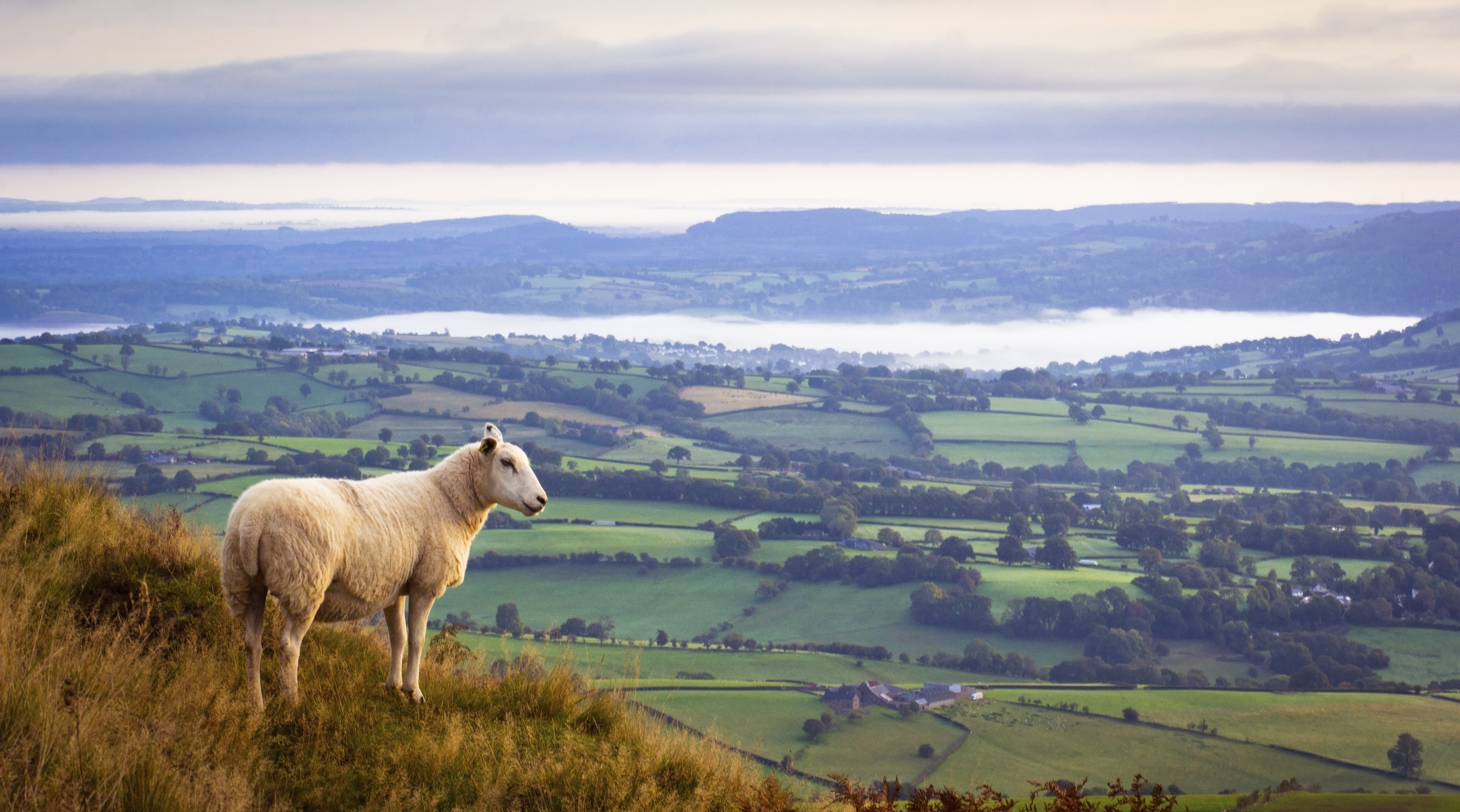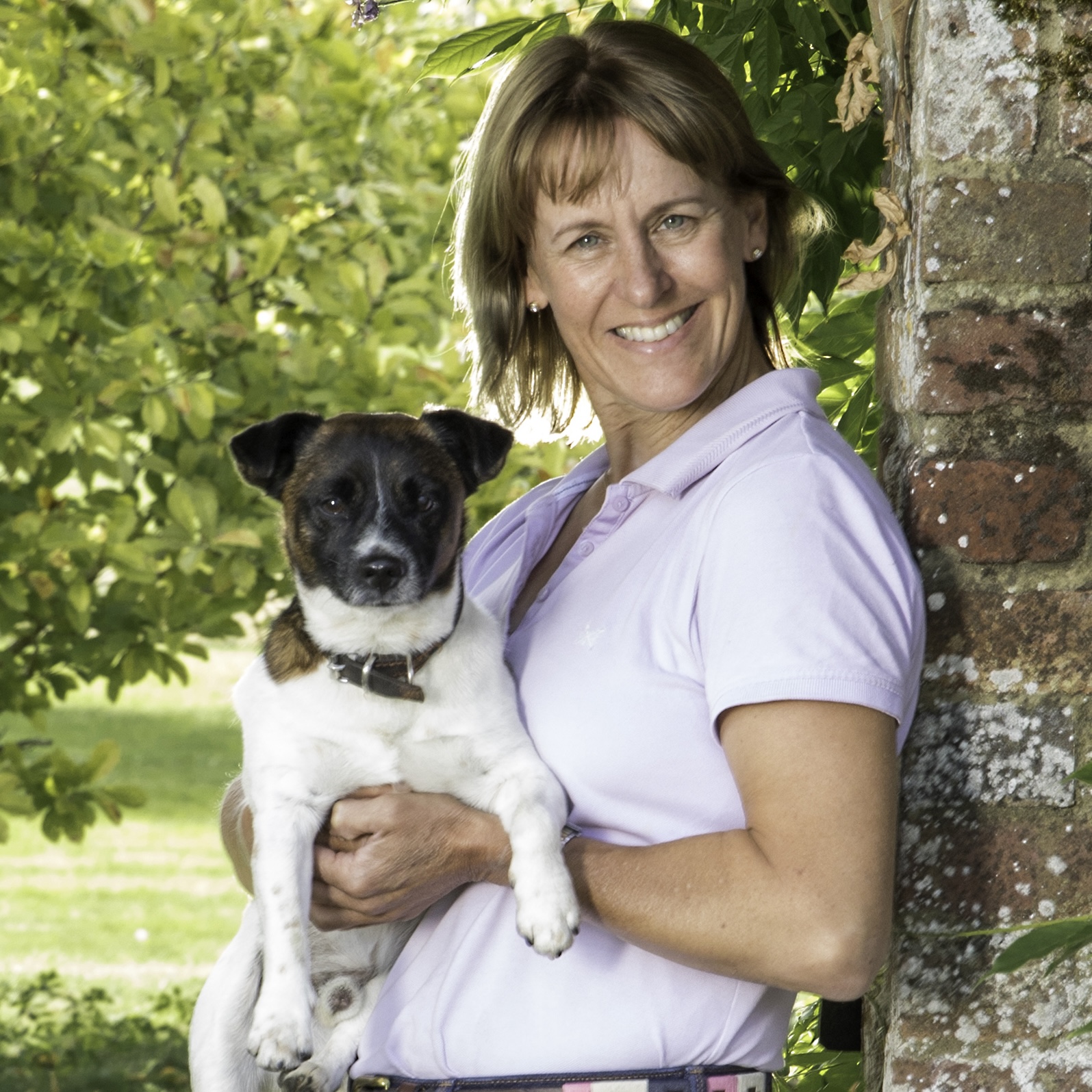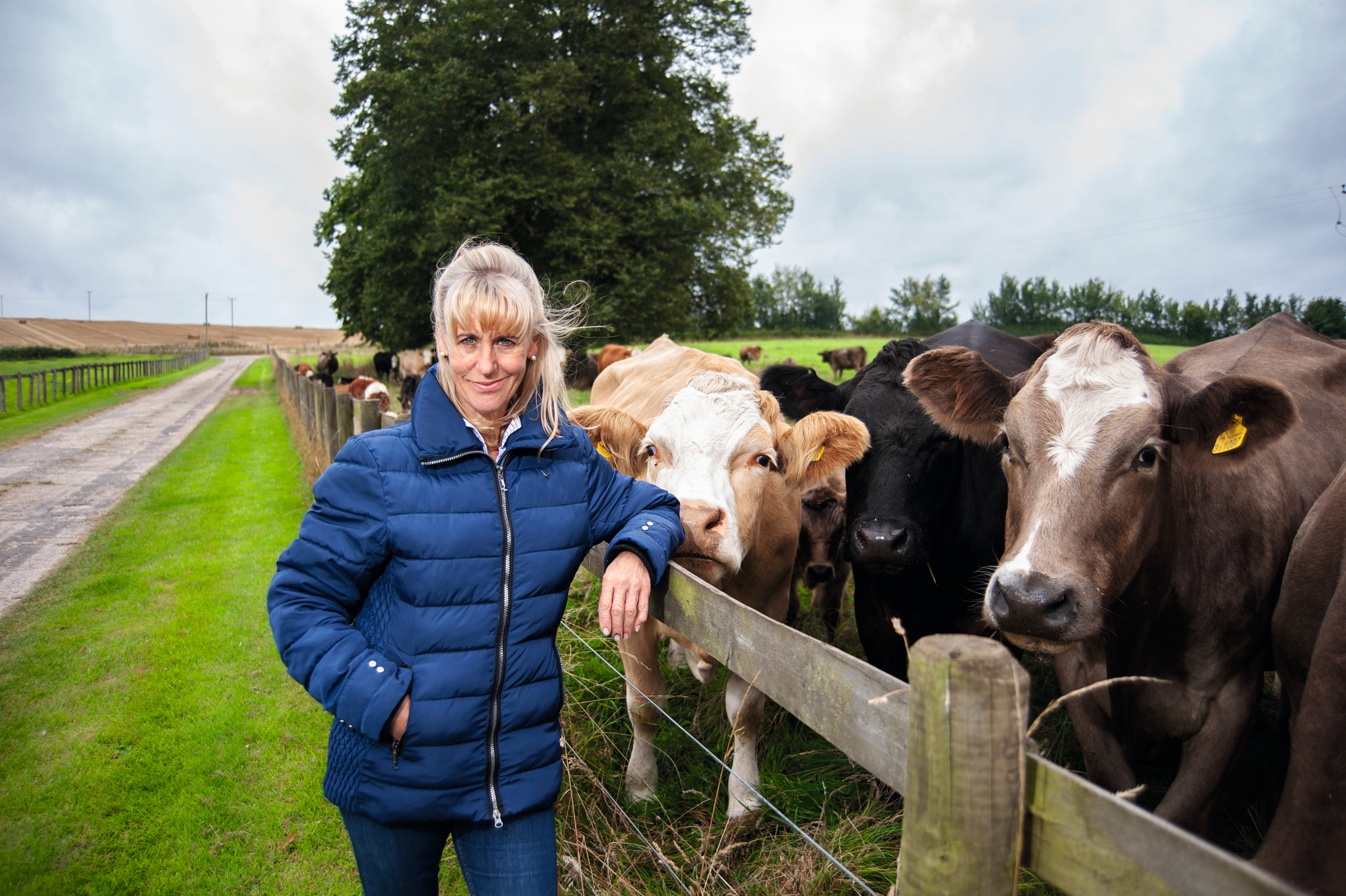Minette Batters: 'It would be wrong to turn my back on the farming sector in its hour of need'
Minette Batters explains why she's taken a job at Defra, and bemoans the closure of the Sustainable Farming Incentive.


It is with no small amount of sadness that I am writing my last column for Country Life. The reason for stopping is that I have been asked to lead a review of farming profitability for Defra Secretary Steve Reed. With a small support team, I have six months to write a report suggesting what the blockages to profitability are and ideas as to how they might be resolved.
I debated long and hard whether I should accept; this Government hasn’t won many farming friends since coming to power. When I weighed it up, there were two alternatives: first, someone else could be appointed, potentially froma non-farming background, which wouldn’t be great; secondly, Defra might decide not to do it at all. Given my apolitical status in the House of Lords, it seemed wrong to turn my back on the farming sector in its hour of need. Yet I am under no illusions as to how difficult it will be.
'It was one of the many downsides of leaving the EU without any coherent plan for farming'
The recent closure of the Sustainable Farming Incentive (SFI) has left 45% of farm businesses in England not knowing whether they will have the opportunity to apply for a new scheme. Given that farmers are still switching from the EU Common Agricultural Policy into the Environmental Land Management schemes, it is unacceptable not to have a fair approach that gives the same opportunity to all businesses.
The Conservative Government failed to spend the farming budget in its entirety. In 2023, it took the decision to raise the payment rates, in order to try to spend the money in the allocated time and to encourage more farmers onto the SFI platform. The Tories ended their time in office with a substantial underspend that had to be handed back to the Treasury—one of the many downsides of leaving the EU without any coherent plan for farming.
The fundamental problem with the SFI is that it has been ‘demand led’. There was no way of knowing how many farmers would join it or the value of their application. The schemes had no funding cap per business. This meant there was no limit to the amount of funding some businesses were applying for.
When I led the NFU, we called three times for a delay in the phasing out of the basic-payment scheme because we thought it was essential that policy and delivery should be piloted together. Had ministers listened to our concerns and ensured that the four nations of the UK transitioned together with an agreed framework, we would not be in this mess. What I cannot understand is why ministers new to Defra were not advised by senior civil servants on day one that changes would need to be made if all farmers in England were going to be able to apply for the SFI.
'I hope we do not give up on the approach taken by Finland, Japan, France and other countries that put food and cooking at the heart of the school day and curriculum'
A farming charity I’ve long admired is the Farming Community Network (FCN), so it is a great privilege to have been appointed its honorary president. As do many charities, the FCN punches well above its weight; its mission is to help those in need before they reach a point of crisis by supporting farmers’ health, wellbeing and resilience. I know from talking to my sister-in-law Rebecca, a volunteer, the pressure the FCN is under.
Sign up for the Country Life Newsletter
Exquisite houses, the beauty of Nature, and how to get the most from your life, straight to your inbox.
I recently spoke in a House of Lords debate on ‘Recipe for health: a plan to fix our broken food system’. Baroness Walmsley has been an outstanding committee chair and it will be interesting to see how the Government responds. I hope we do not give up on the approach taken by Finland, Japan, France and other countries that put food and cooking at the heart of the school day and curriculum. We should put the same emphasis on it as we do on STEM learning.
At home on the farm, we have passed our bovine TB test for the whole herd. It is always such a tense time and a huge relief when the last animal tests clear. As the cows go through the cattle crush, we trim their tails; it’s also a chance to weigh them and do an overall health check before they start calving at the end of April. Compared with last year, the farm is incredibly dry, having had no meaningful rainfall for the past three weeks and no more forecast for the next fortnight. We planted our spring barley a month ago and, luckily, despite the cold, dry weather, it has germinated and is growing away well.
Our local flower deliveries have kicked off, the tulips are spectacular and we have planted hyacinths for the first time, which have done well and smell amazing. After a winter rest, the polo ponies are heading back to play the summer season. We are busy harrowing grassland and are about to plant 30 acres of herbal ley — courtesy of the SFI. I feel very fortunate to be in it.
Baroness Minette Batters is a crossbench peer and a former NFU president. She runs a beef farm and rural business in Wiltshire.
-
 'This wild stretch of Chilean wasteland gives you what other National Parks cannot — a confounding sense of loneliness': One writer's odyssey to the end of the world
'This wild stretch of Chilean wasteland gives you what other National Parks cannot — a confounding sense of loneliness': One writer's odyssey to the end of the worldWhere else on Earth can you find more than 752,000 acres of splendid isolation? Words and pictures by Luke Abrahams.
By Luke Abrahams Published
-
 The man who trekked Bhutan, Mongolia, Japan, Tasmania and New Zealand to bring the world's greatest magnolias back to Kent : 'A whirlwind of charm and energy... and a prince among plantsmen'
The man who trekked Bhutan, Mongolia, Japan, Tasmania and New Zealand to bring the world's greatest magnolias back to Kent : 'A whirlwind of charm and energy... and a prince among plantsmen'Magnolias don't get any more magnificent than the examples in the garden at White House Farm in Kent, home of Maurice Foster. Many of them were collected as seed in the wild — and they are only one aspect of his enthralling garden.
By Charles Quest-Ritson Published
-
 Why it’s imperative that schoolchildren have access to art and design classes
Why it’s imperative that schoolchildren have access to art and design classesThe UK’s creative industries are worth £124.6 billion, but suitable classes are being stripped from the curriculum. Tristram Hunt, director of the V&A, outlines what the Museum is planning to do about it.
By Tristram Hunt Published
-
 The Country Life Christmas message by Revd Dr Colin Heber-Percy: ‘The most powerful person in the world’ is not an emperor, high priest or CEO, but a helpless baby in the arms of a loving mother
The Country Life Christmas message by Revd Dr Colin Heber-Percy: ‘The most powerful person in the world’ is not an emperor, high priest or CEO, but a helpless baby in the arms of a loving motherRevd Dr Colin Heber-Percy on how Christmas shows us that ‘the most powerful person in the world’ is not an emperor, or a high priest or the CEO of a tech company, but a helpless baby in the arms of a loving mother.
By Rev Dr Colin Heber-Percy Published
-
 'Keep thy device clean': Country Life's Tech Commandments
'Keep thy device clean': Country Life's Tech CommandmentsWe all use our phones too much. The least we can do is agree on a set of rules for modern etiquette in a digital age.
By Toby Keel Published
-
 10 ways to save the planet, according to Country Life
10 ways to save the planet, according to Country LifeThere are many practical ways in which we–individuals, groups and Government–can make a difference to our planet, both locally and nationally. As the General Election looms, we present 10 areas where improvement is badly needed.
By Country Life Published
-
 Minette Batters: We need to trade on a level playing field
Minette Batters: We need to trade on a level playing fieldAfter six years leading Britain's largest farming union, Minette Batters talks life after the NFU and why MPs of all parties need to take farming more seriously.
By Minette Batters Published
-
 British Library cyber attack is a wake up call to the cultural sector
British Library cyber attack is a wake up call to the cultural sectorThankfully, physical objects are safe from cyber warfare, but our cultural institutions need to sit up and take notice, warns Athena
By Country Life Published
-
 ‘The love we share at Christmas is a refuge. It replenishes our depleted batteries and allows us to go out again into the world’: The 2023 Country Life Christmas message, by Revd Colin Heber-Percy
‘The love we share at Christmas is a refuge. It replenishes our depleted batteries and allows us to go out again into the world’: The 2023 Country Life Christmas message, by Revd Colin Heber-PercyA safe haven, a refuge for rest and relaxation, the place we feel we belong—the concept of ‘home’ differs for each of us. At Christmas, home is so much more than a physical location: it is all around, says the Revd Colin Heber-Percy.
By Rev Dr Colin Heber-Percy Published
-
 The true story of St Valentine, his legend and legacy of love
The true story of St Valentine, his legend and legacy of loveWhatever the truth of the real St Valentine, the middle of February has been a favourite time for lovers since records began. We take a look at the curious history of St Valentine, and how an ancient martyr came to be remembered as a champion of romantic love.
By Country Life Last updated